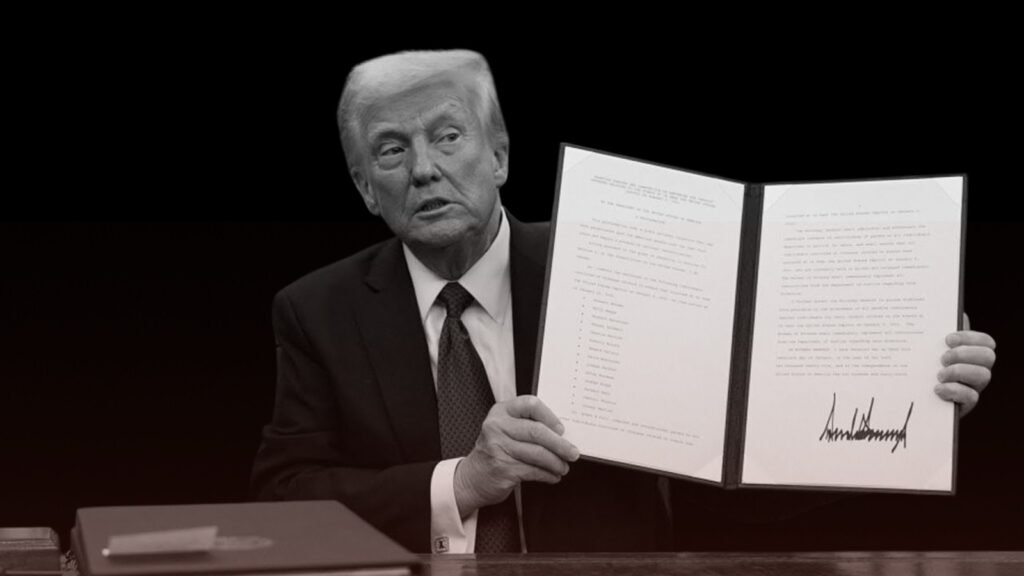On January 20, 2025, President Donald Trump commenced his second term by issuing a series of sweeping executive orders and pardons, marking a significant shift in U.S. policy.
In an unprecedented move, President Trump granted full pardons to over 1,500 individuals charged in connection with the January 6, 2021, Capitol riot. This clemency extends to high-profile figures, including leaders of the Oath Keepers and Proud Boys, who had been convicted of serious offenses such as seditious conspiracy. The pardons effectively nullify the largest criminal investigation ever undertaken by the Department of Justice, which had resulted in more than 1,000 guilty pleas and numerous convictions. President Trump described the pardons as a step toward “rectifying a national injustice and promoting reconciliation.”
Concurrently, President Trump signed multiple executive orders targeting immigration policies. He declared a national emergency at the U.S.-Mexico border, a move aimed at addressing what he termed an “invasion” of illegal immigrants, cartels, and terrorists. This declaration is intended to facilitate the allocation of federal resources to strengthen border security and expedite the construction of additional barriers.
Among the executive actions, President Trump also signed orders to:
- Designate drug cartels and certain criminal gangs as terrorist organizations, thereby expanding the tools available for their prosecution.
- Suspend the U.S. refugee resettlement program for four months, citing national security concerns.
- Revoke birthright citizenship for children born in the U.S. to undocumented immigrants, a move likely to face significant legal challenges.
These actions underscore President Trump’s commitment to implementing stringent immigration policies and reversing measures from the previous administration. The sweeping nature of these orders and pardons has sparked a wide range of reactions, setting the stage for intense political and legal debates in the coming months.


